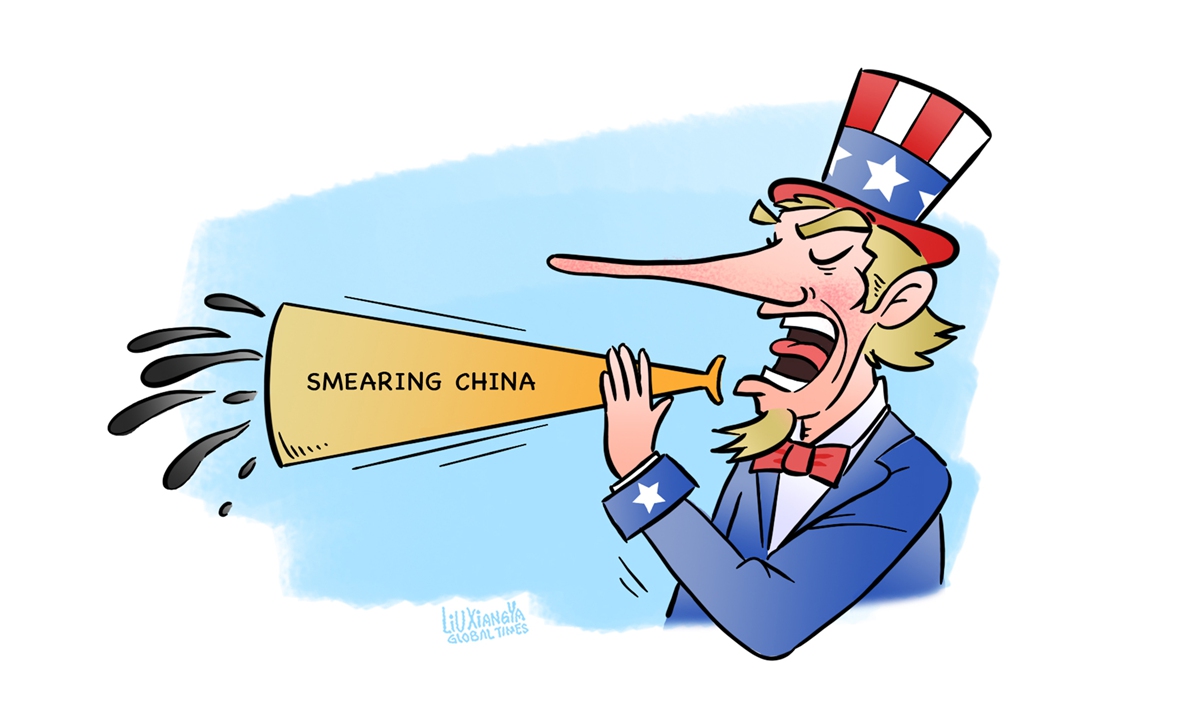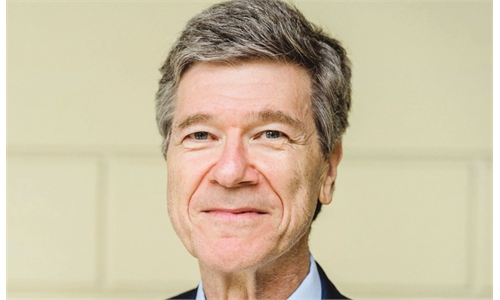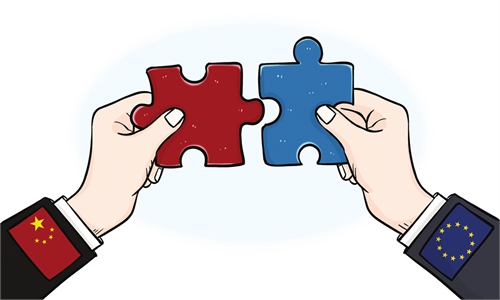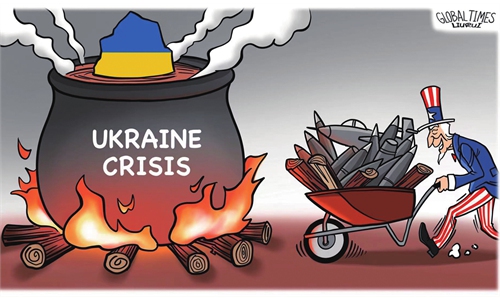
Illustration: Liu Xiangya/GT
The US not only misreads China, it misinterprets and misinforms about China too. The US sees China as a threat but just like Vietnam, Syria, or any other country the US has invaded, China has never been a threat to anyone in the US, unless we consider the threat is to US primacy. The US needs threats, as it has a military complex that thrives on threats. In order to remain strong, there always needs to be a threat from a strong one. The US employs a range of tactics to ensure that everybody remains misinformed. It's done through trickery but to an informed observer it's very easy to see through.
Lies
Back in the 1970s, when Nixon, Carter and Reagan were all courting China, there was no threat. All three of these presidents are on the record as accepting that Taiwan is part of China. The US still accepts, as does the UN, that Taiwan is part of China and yet, if we read many reports from the West, we see words such as "Taiwan, which China claims as its own." The US media deliberately misleads the public into assuming China is the aggressor, as it assumes that people will not take the time to check historical facts.
Misinformation
A few years ago US headlines screamed: "China Guilty of Genocide, Crimes Against Humanity Against Uygurs." Anyone in America reading this would, and should, be horrified by such crimes, except that not one word of it has been proven to be true.
How they did it was very clever, and many people were taken in by it: A tribunal was set up and paid for by the US National Endowment for Democracy (NED). It was not a legal court. It heard stories, which were described as evidence from people who are based in the West. It heard no evidence from anyone in Xinjiang. They failed to acknowledge any information in the public forum that came from the Chinese government and they offered no opportunity for the Chinese government to provide any.
Selective modality
US media often use modal verbs like "might" or "could" to make groundless allegations against China. But if the allegations were treated as evidence and tested in courts to a legally accepted standard, it would be immediately found that they are not. This deliberate use of words is a clever way to make people think something is happening. It also provides legal protection for the writer and the publication because they never said something was happening, only that it might be happening.
Omission of facts
Not many Americans are aware that the UN sent a Special Rapporteur to Xinjiang earlier this year or that the rapporteur discovered there were no crimes against humanity, there was no evidence of any genocide and the only nation guilty of any potential crime was the US for imposing illegal sanctions which affected the human rights of the Uygur people. When information doesn't fit the Washington narrative, it is simply left out of the media altogether.
Disparagement
Americans think that voting for a president every four years is a statement of democracy that should be emulated by all. China has a very different point of view where democracy from the ground up comes into play at the two sessions in Beijing every year. CNN, among others, describes China's most important meetings each year as a "rubber stamp parliament" indicating that it has no teeth, is unable to function and ought not to be taken seriously. What they fail to mention is how the delegates and deputies are elected to their positions, as well as how they work so that all the decisions made have been discussed, debated, challenged, amended and then presented for a vote.
There are of course other methods, for example, misinterpretation, using questions as headlines. The US uses a lot of tricks and unfortunately, they fool a lot of people, a lot of the time.
The author is a British Australian freelance writer who has studied cross cultural change management in China and has lived in the country, traveling extensively for almost two decades. opinion@globaltimes.com.cn



